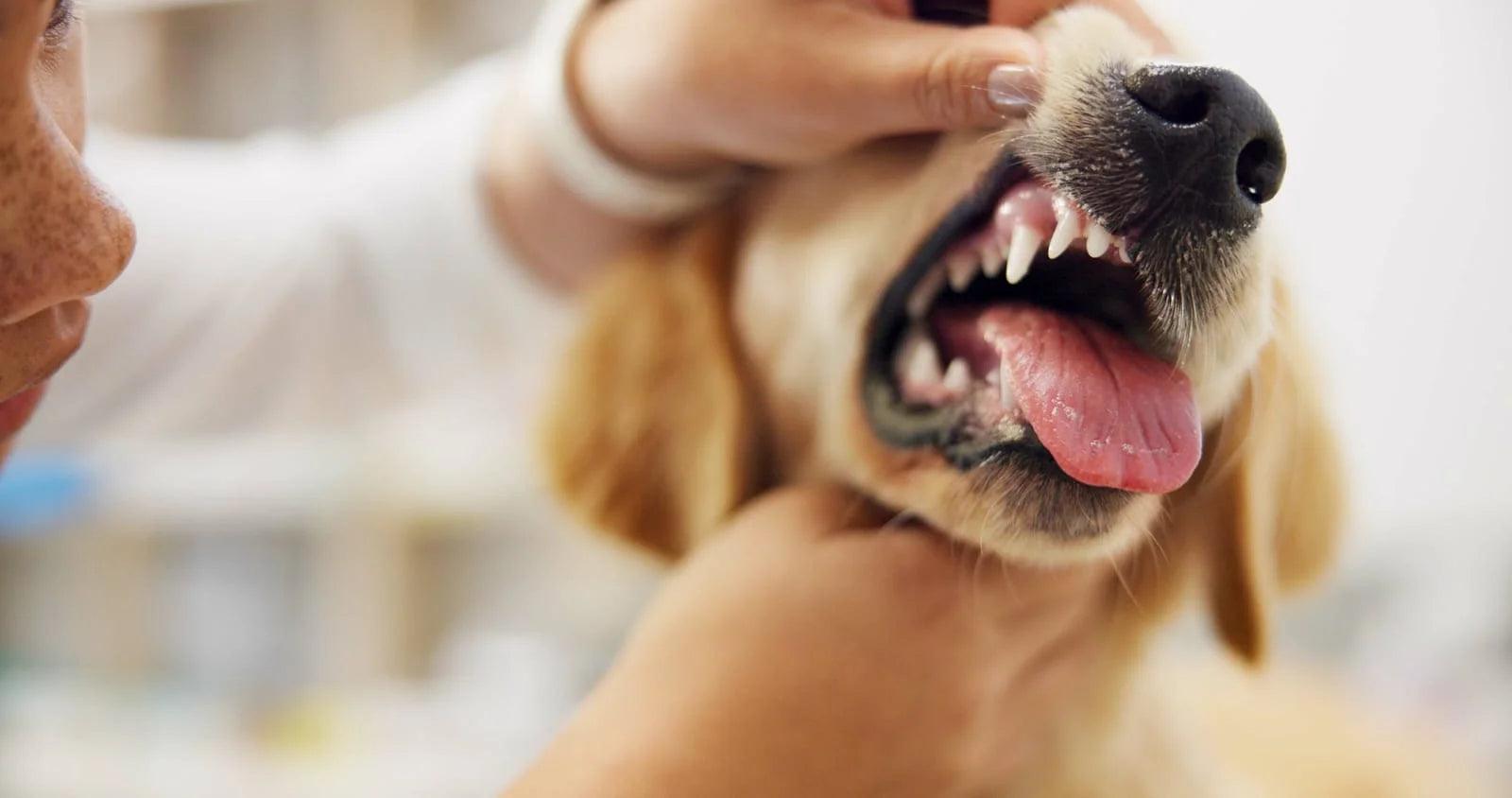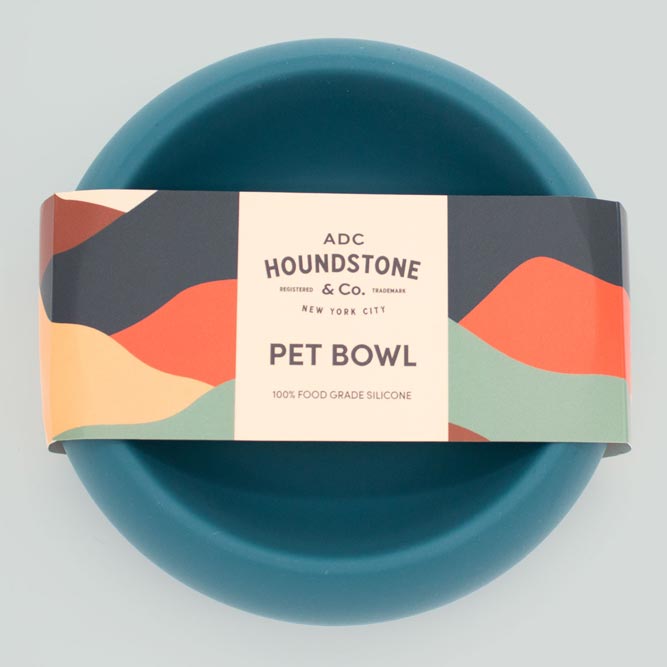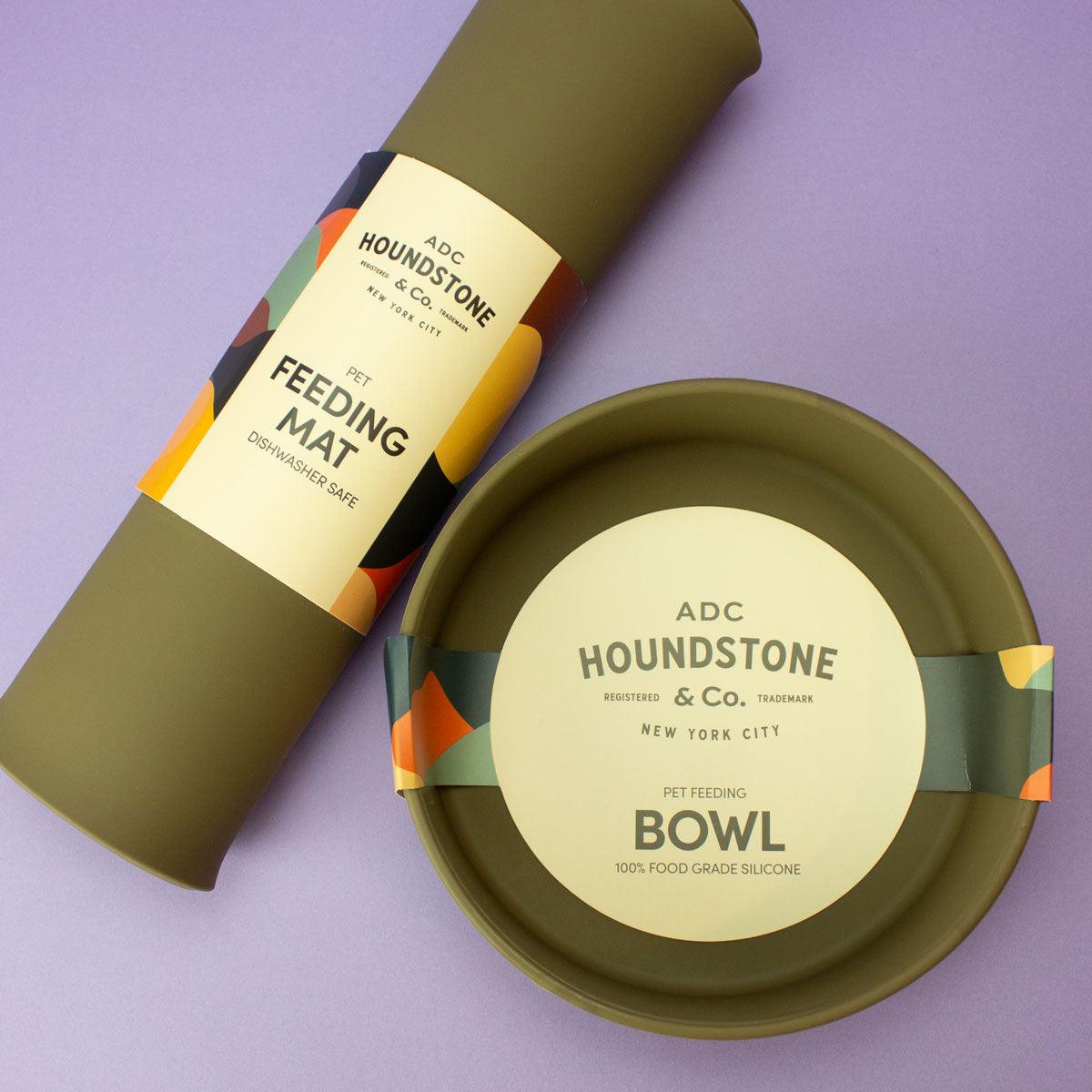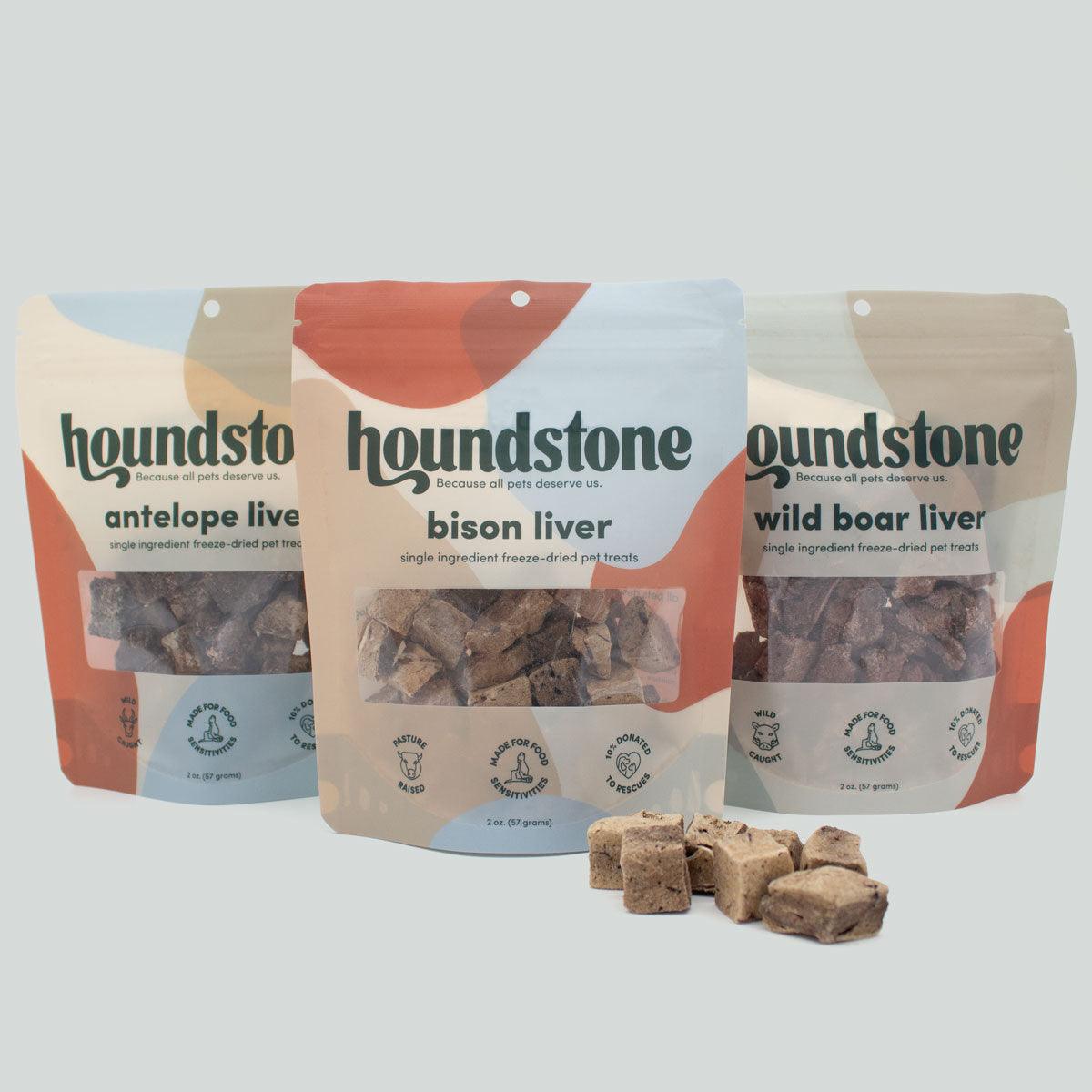When we think about our dogs' health, it's easy to focus on exercise, diet, and regular vet check-ups. However, one crucial aspect often overlooked is dental care. Just like humans, dogs need proper oral hygiene to prevent various health issues.
Ignoring your dog's dental health can lead to more than just bad breath; it can result in serious conditions like gum disease, tooth decay, and even infections that affect vital organs. That's why incorporating dog dental care products into your pet’s routine is essential for their overall well-being.
Common Dental Issues in Dogs and Their Impact on Overall Health
Dogs are prone to a range of dental problems, from plaque buildup and tartar to gingivitis and periodontal disease. These issues don’t just cause discomfort; they can have far-reaching impacts on your dog’s health.
For instance, bacteria from gum disease can enter the bloodstream, leading to heart, liver, and kidney problems. Regular use of dental care for dogs can help prevent these conditions, ensuring your dog lives a long, healthy life.
What is Dog Dental Care?
Dog dental care involves the regular cleaning and maintenance of your dog’s teeth and gums. This includes brushing your dog’s teeth, using specialized dental chews, and scheduling professional cleanings.
Proper dental care helps prevent the accumulation of plaque and tartar, which are the main culprits behind most dental issues. By using the right dog dental care products, you can effectively maintain your pet’s oral hygiene.
Why Oral Hygiene is Crucial for Dogs
Your dog’s mouth is the gateway to their body, and poor oral hygiene can have ripple effects throughout their system. Healthy teeth and gums contribute to better digestion, a stronger immune system, and overall vitality. By keeping your dog’s mouth clean, you’re not just preventing dental issues—you’re boosting their general health and quality of life.
Neglecting your dog’s dental care can lead to severe consequences. Dental diseases like periodontitis can cause chronic pain, difficulty eating, and tooth loss. Worse, the bacteria from infected gums can spread to other parts of the body, causing systemic infections that could be life-threatening. This underscores the importance of integrating dental care for dogs into their daily routine.

Types of Dog Dental Care Products
Dog Toothbrushes and Toothpaste
Choosing the Right Toothbrush for Your Dog
The cornerstone of any dog dental care routine is brushing. But not all toothbrushes are created equal. When choosing a toothbrush for your dog, consider their size and the shape of their mouth.
Smaller dogs might need a brush with softer bristles and a smaller head, while larger breeds might benefit from a dual-headed brush that can clean more efficiently. There are even finger brushes that give you more control and are ideal for dogs who are new to toothbrushing.
Why Human Toothpaste is Harmful to Dogs
It’s crucial to use toothpaste formulated specifically for dogs. Human toothpaste contains ingredients like fluoride and xylitol, which can be toxic to dogs. Canine toothpaste is safe to swallow and often comes in flavors like chicken or peanut butter, making the brushing experience more enjoyable for your pet.
Dental Chews and Treats
Benefits of Dental Chews for Maintaining Oral Health
Dental chews are an excellent way to supplement brushing. These chews are designed to remove plaque and tartar as your dog gnaws on them. They can also help freshen your dog’s breath and keep their gums healthy. Look for chews that have the Veterinary Oral Health Council (VOHC) seal, as these products are proven to be effective in maintaining oral hygiene.
How to Choose Safe and Effective Dental Treats
Not all dental chews are created equal. It’s important to choose chews that are appropriate for your dog’s size and chewing habits. Chews that are too hard can cause tooth fractures, while those that are too soft may not effectively clean the teeth. Opt for products made from natural ingredients without artificial additives or preservatives.
Water Additives for Dog Dental Care
Water additives are an easy and effective way to maintain your dog’s oral health. These liquids are added to your dog’s drinking water and work by reducing plaque and tartar buildup.
They often contain enzymes that break down harmful bacteria in the mouth, promoting fresher breath and healthier gums. Water additives are an excellent option for dogs who resist brushing, providing daily dental care without the hassle.
Dental Gels and Sprays
Dental gels and sprays can be used as part of a comprehensive dental care routine or as an alternative to brushing. These products are easy to apply and are particularly useful for dogs that are resistant to brushing.
Gels are typically applied directly to the teeth and gums, while sprays can be sprayed into the mouth to reduce plaque and freshen breath. These products often contain antibacterial agents and enzymes that help maintain oral hygiene.
Dog Dental Wipes
Dental wipes are another convenient option for maintaining your dog’s oral health. These wipes are designed to clean your dog’s teeth by wiping away food particles and plaque. While not as effective as brushing, they are a good alternative for dogs who dislike toothbrushes. Dental wipes can be used in conjunction with other dog dental care products to keep your dog’s mouth clean and healthy.

Best Practices for Maintaining Your Dog’s Oral Hygiene
Establishing a Regular Brushing Routine
Ideally, you should brush your dog’s teeth daily. However, if that’s not feasible, aim for at least three times a week. Regular brushing is the most effective way to prevent plaque buildup and ensure long-term dental health.
Step-by-Step Guide to Brushing Your Dog’s Teeth
- Start Slow: Let your dog get used to the taste of the toothpaste by allowing them to lick it off your finger.
- Introduce the Toothbrush: Gently rub the toothbrush along the teeth, focusing on the outer surfaces.
- Brush in Circular Motions: Use circular motions to clean the teeth and gums, paying special attention to the back teeth where plaque tends to accumulate.
- Reward Your Dog: Always end the session on a positive note by rewarding your dog with praise or a treat.
Incorporating Dental Chews and Treats into Your Dog’s Diet
Dental chews can be given daily or a few times a week, depending on the product. Always follow the manufacturer’s recommendations for frequency and portion size. Regular use of dental chews can significantly reduce plaque and tartar, making them a valuable addition to your dog’s dental care routine.
Using Water Additives for Daily Oral Care
Water additives are simple to use—just add the recommended amount to your dog’s water bowl. It’s important to change the water daily and ensure your dog is drinking enough to benefit from the additive. Consistent use of water additives can help maintain oral hygiene between brushings.
Regular Dental Checkups with Your Veterinarian
During a dental exam, your veterinarian will check for signs of dental disease, such as tartar buildup, gum inflammation, and bad breath. They may also take X-rays to assess the health of the teeth and jawbone. Regular dental checkups are essential for catching problems early and ensuring your dog’s teeth and gums remain healthy.
How Often Should Your Dog Have a Professional Cleaning?
Most dogs should have a professional dental cleaning once a year. However, dogs with existing dental issues or those prone to plaque buildup may need more frequent cleanings. Professional cleanings involve scaling and polishing the teeth to remove tartar and are performed under anesthesia to ensure your dog’s comfort.
Final Thoughts
Maintaining your dog’s dental health is essential for their overall well-being. By incorporating regular brushing, dental chews, water additives, and professional cleanings, you can prevent dental diseases and promote a healthier, happier life for your pet. Prioritizing your dog's oral hygiene will not only protect their teeth and gums but also improve their general health and longevity.




